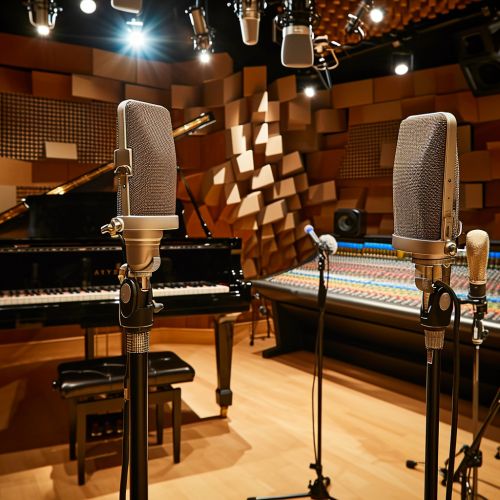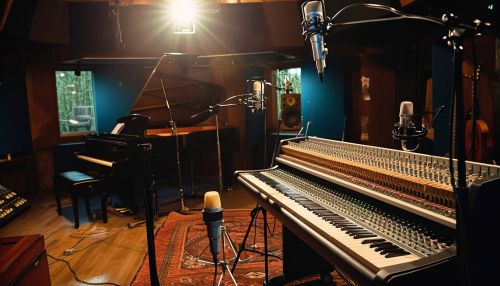ABBA
Early Years
ABBA was a Swedish pop group formed in Stockholm in 1972. The band consisted of Agnetha Fältskog, Björn Ulvaeus, Benny Andersson, and Anni-Frid Lyngstad, hence the acronym ABBA. The group's name is an acronym of the first letters of their first names. They became one of the most commercially successful acts in the history of popular music, topping the charts worldwide from 1974 to 1982.


Musical Style and Influences
ABBA's music was characterized by the distinctive sound of their harmonized vocals and the unique blend of pop and Europop. Their music was influenced by the folk and rock genres, as well as traditional Swedish music. ABBA's sound was also shaped by the technological advancements of the time, including the use of synthesizers and multi-track recording.
Success and Legacy
ABBA's breakthrough came in 1974 when they won the Eurovision Song Contest with their song "Waterloo". This launched the group into international fame and they went on to release a string of hit singles and albums. ABBA's music has had a lasting impact on the pop music industry, influencing many artists and bands in the decades since their peak. The group's music continues to be popular today, with their greatest hits album, "ABBA Gold", being one of the best-selling albums worldwide.
Post-ABBA Careers
After ABBA disbanded in 1982, each member pursued their own solo careers. Agnetha Fältskog and Anni-Frid Lyngstad both released solo albums, while Benny Andersson and Björn Ulvaeus collaborated on several musicals, including the highly successful Mamma Mia!, which features many of ABBA's hit songs.
Reunion
In 2018, it was announced that ABBA would reunite to record new music for the first time in over 35 years. The group released two new songs, "I Still Have Faith In You" and "Don't Shut Me Down", in 2021.
